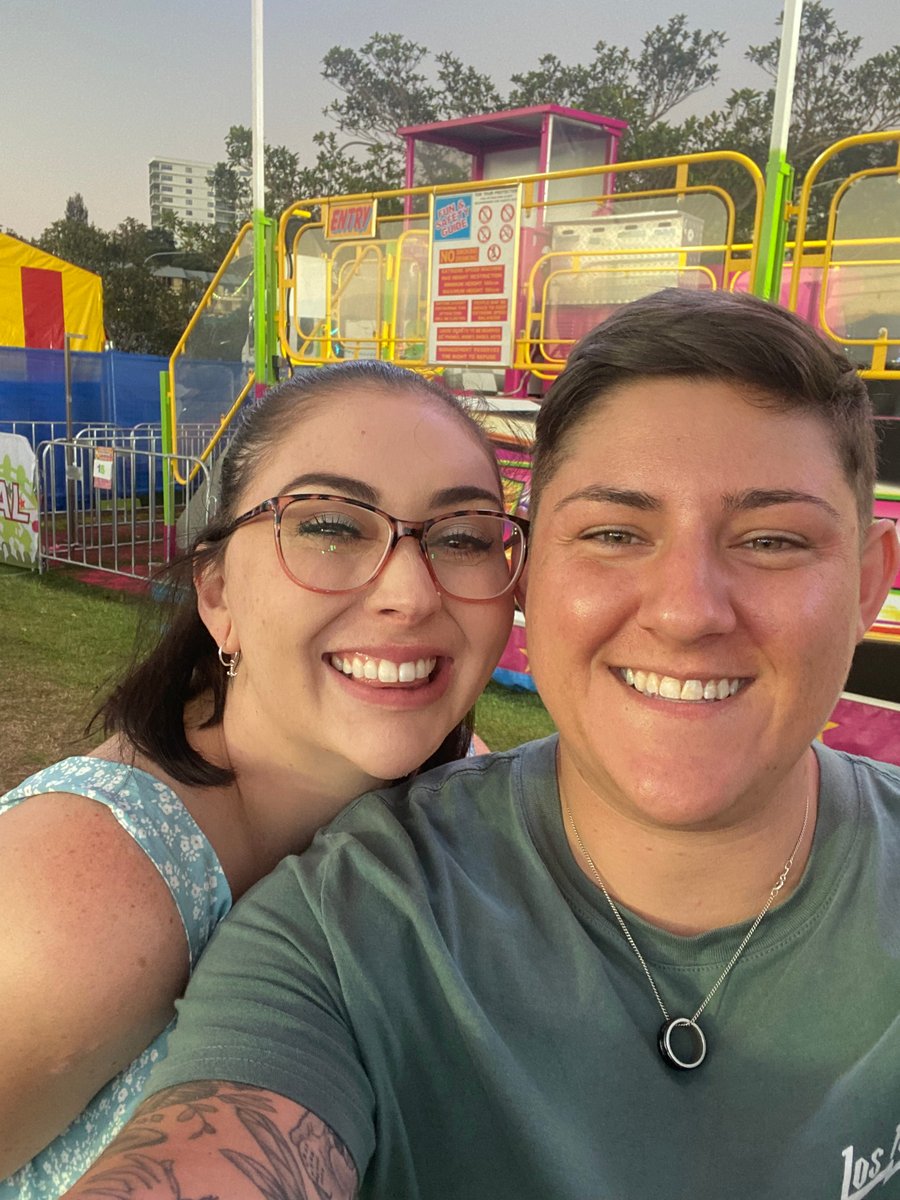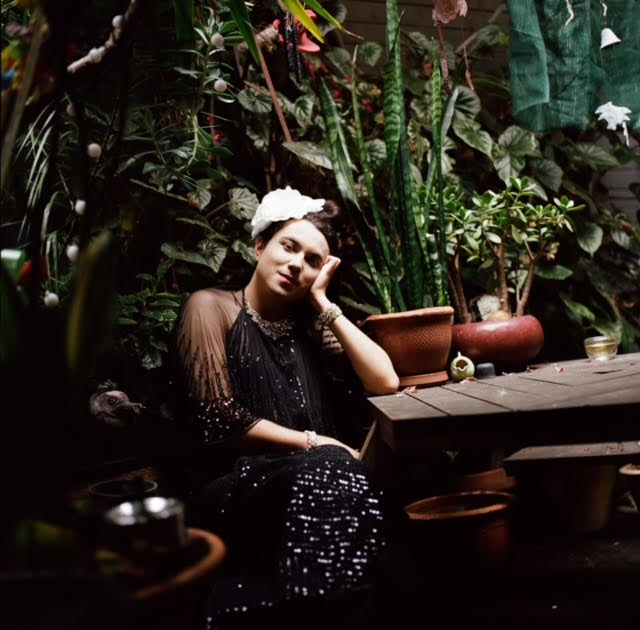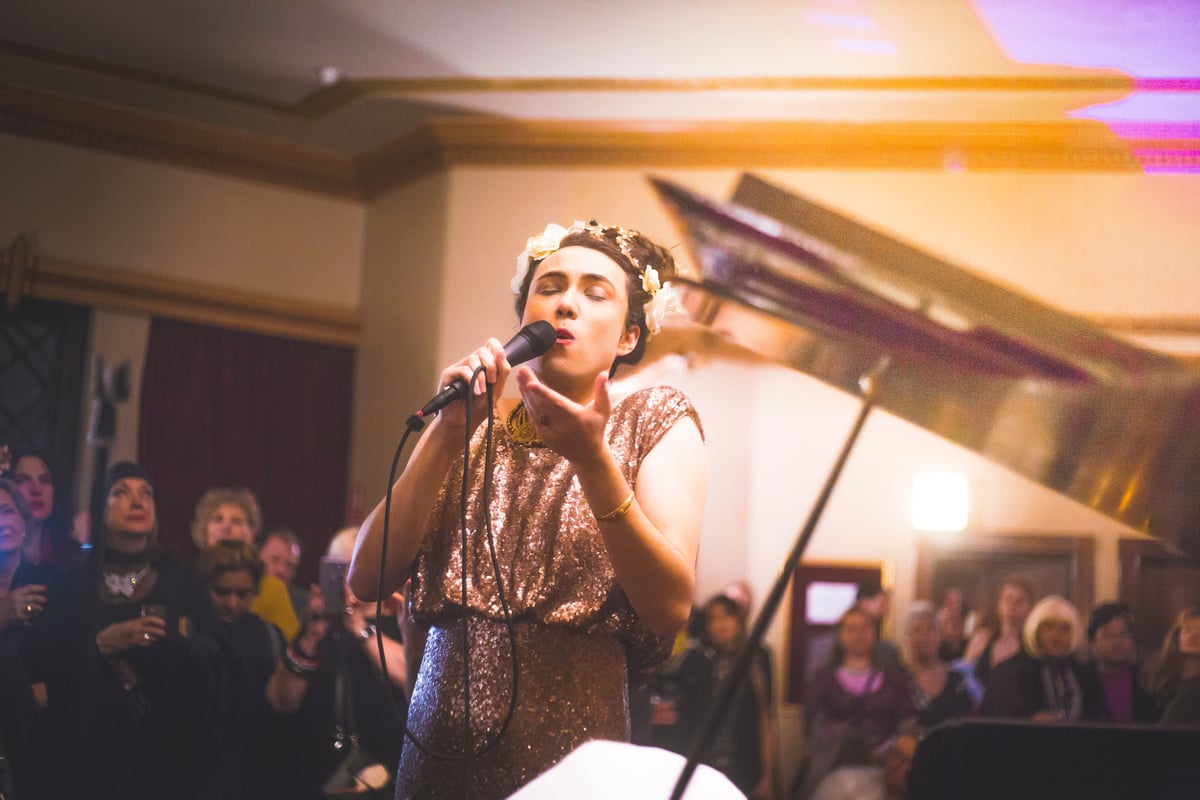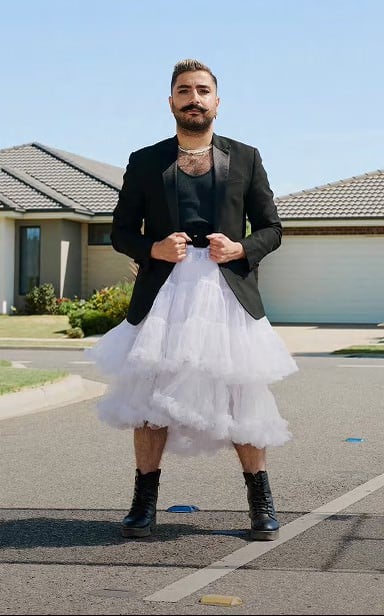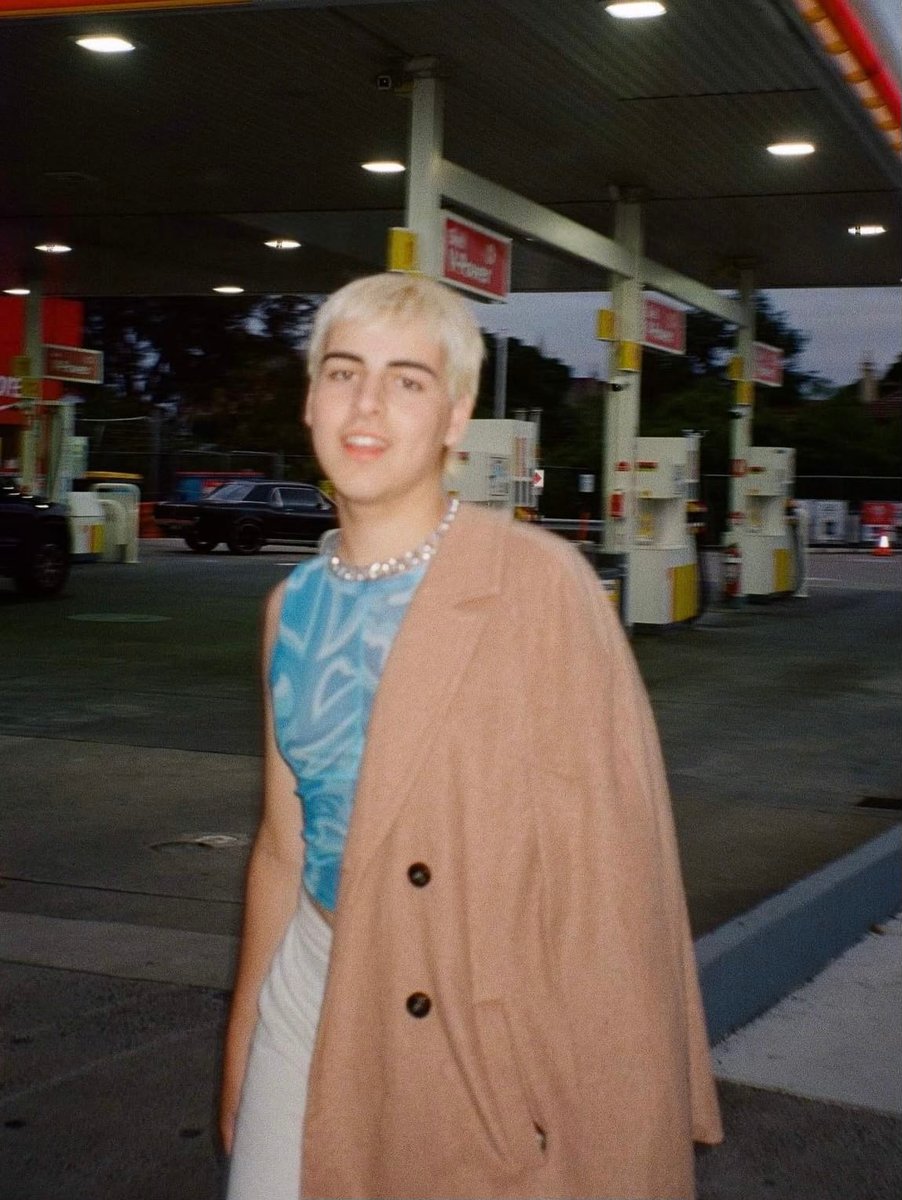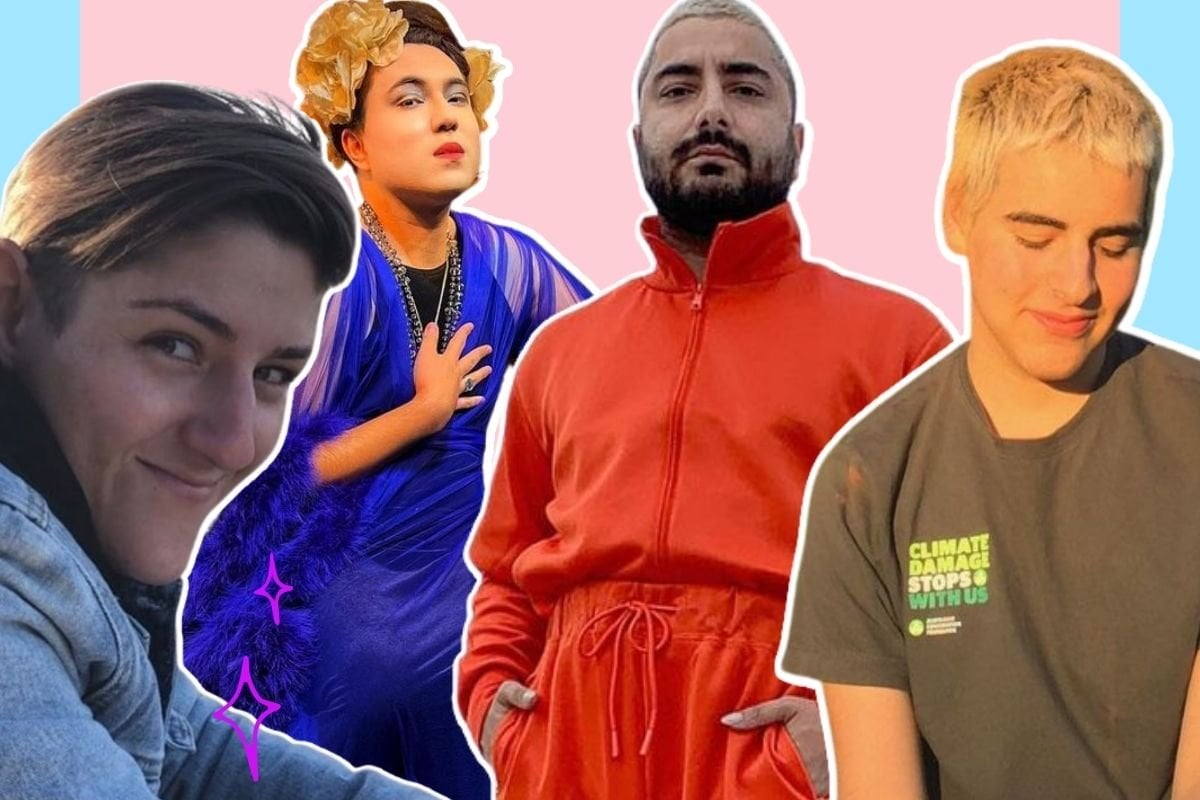
Today marks Trans Day of Visibility, an annual international celebration of trans pride and awareness.
But here at Mamamia, we want to see a world where trans stories are commonplace and mainstream - ongoing, and unrestrained to one special day.
The trans community are one of the most marginalised and vilified groups in Australia - and even more so for trans people of colour or of culturally and linguistically diverse backgrounds.
Transgender people aged 14-25 are 15 times more likely to attempt suicide than the general population. Further, a 2018 UNSW Kirby Institute study found 50 per cent of trans respondents said they had been sexually assaulted at least once - more than three times higher than the general population.
The statistics go on.
But it is the sharing of our stories that we really hear each other and understand. Barriers crumble to commonality. Visibility gives power.
And so today we launch the first instalment of a three-part series of the reality of the trans experience in Australia, which gives an intimate look at the journeys, reality, challenges and opportunities for progress shared by four trans people: Melbourne jazz singer, cabaret performer and CEO of Transgender Victoria, Mama Alto; Geelong-based fashion stylist, LGBTQI+ activist and co-host of Mamamia podcast, What are You Wearing?, Deni Todorovič; Construction worker from NSW's Central Coast, Jess Peroy, and Year 11 student, Theo Boltman.
Read part 2 - 'I've been harassed in the boys' bathroom': What it's like to live as trans in Australia. And part 3 - Safe bathrooms and respecting pronouns: What trans people want to see change in Australia.

